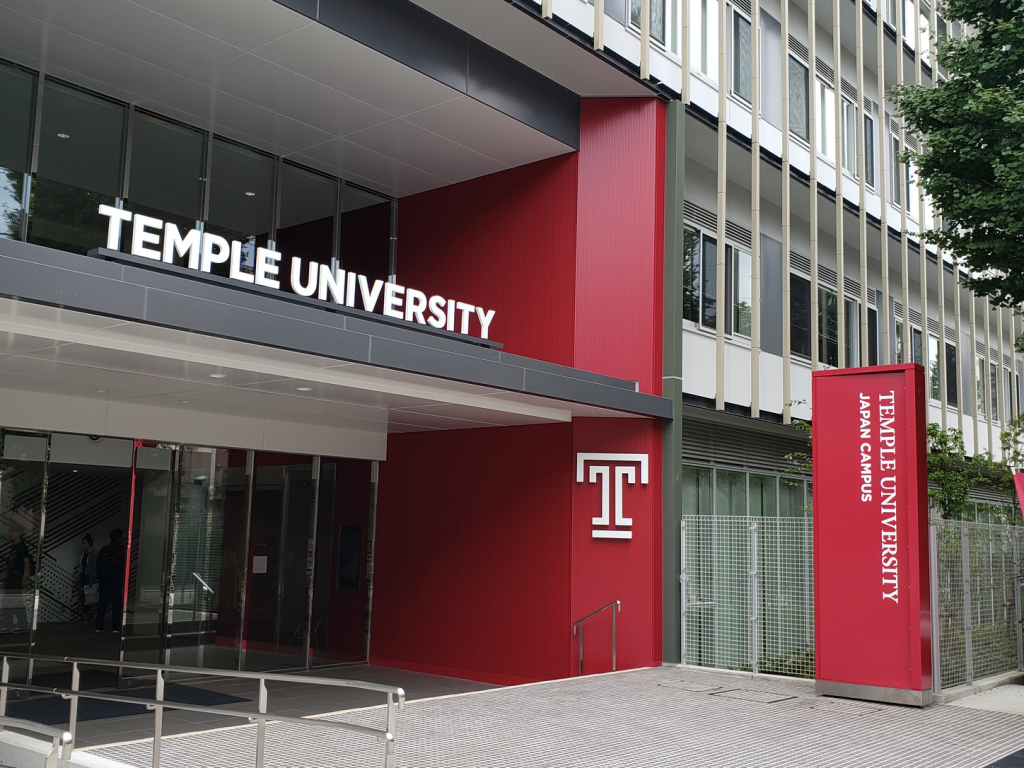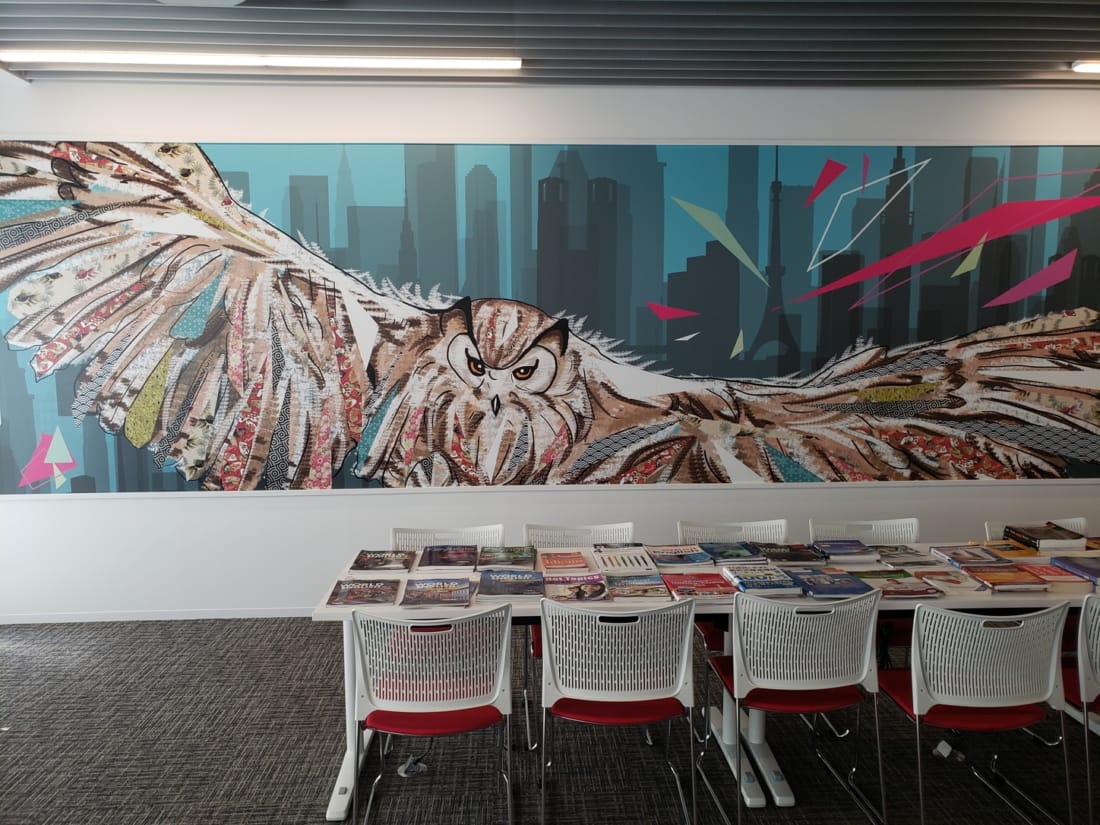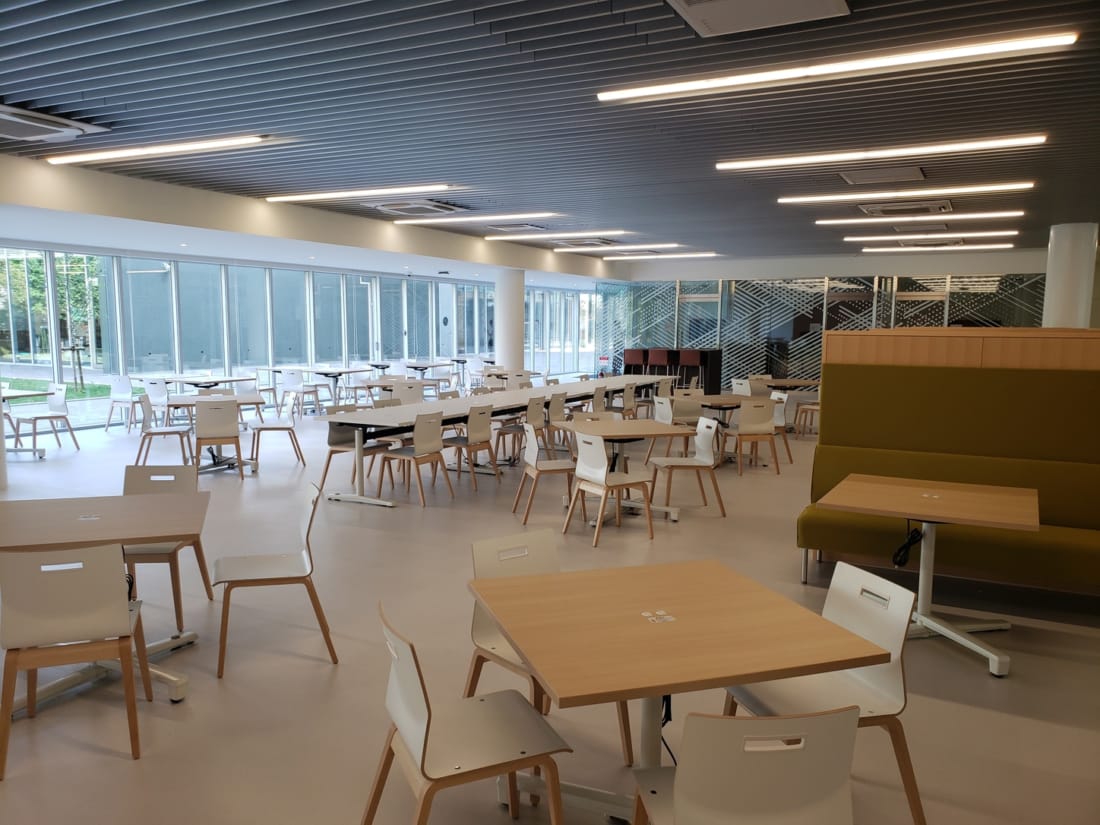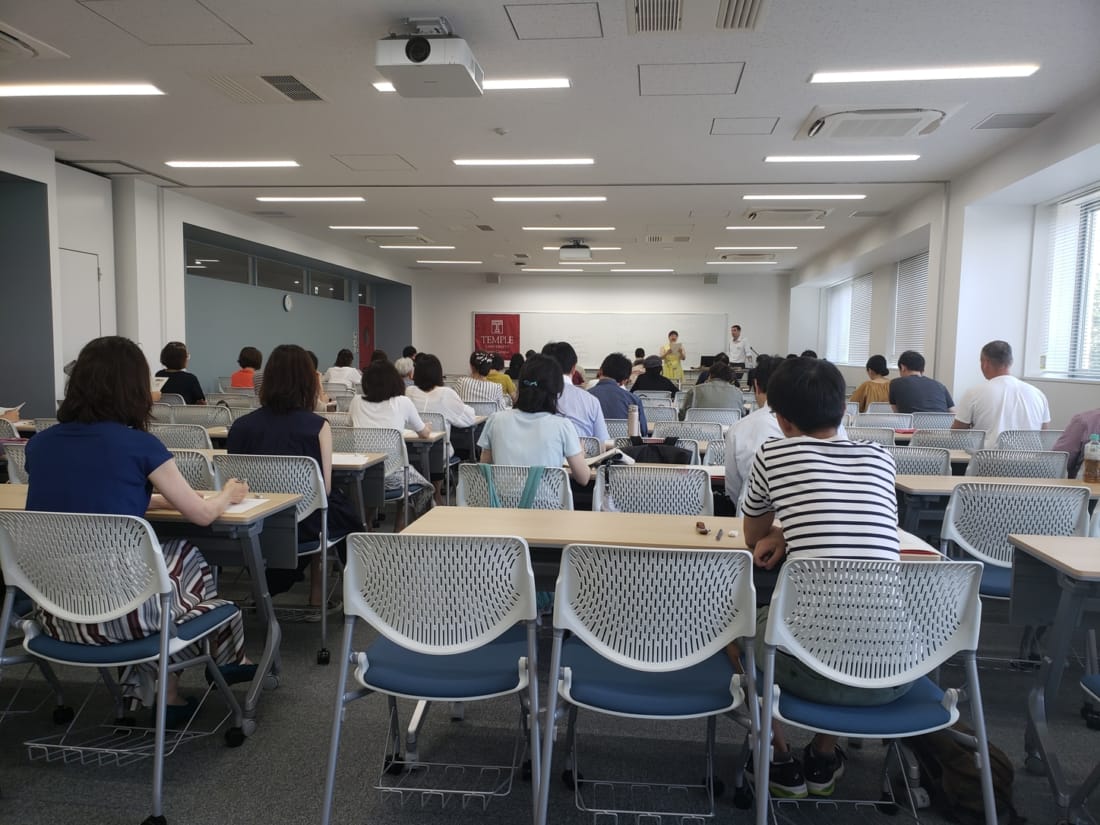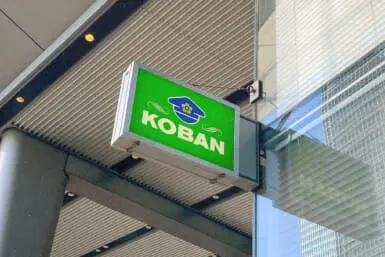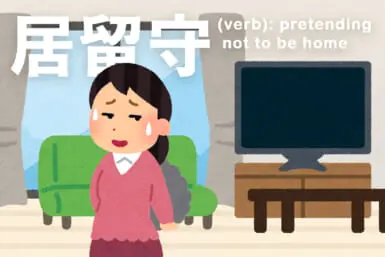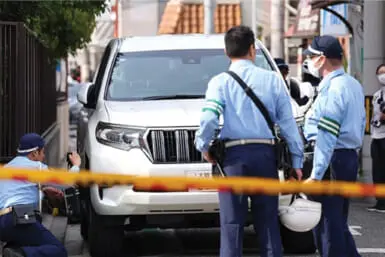The classroom at Temple University, Japan Campus’ (TUJ) new location in Sangen-jaya, Setagaya-ku still has that new-car smell. The pristine whiteboard has the sheen of a new dashboard yet to be marred by children’s sticky fingers. The wood tabletops are free of scuffs and errant pen marks.
Pablo Figueroa, the instructor for TUJ’s Continuing Education course on Understanding Japanese Society, sits at the computer at the front of the room firing up his PowerPoint presentation as a student passes out flyers for an upcoming public lecture at TUJ on the “Tale of the Bonsai.”
Beginning the class, Figueroa says tonight’s lesson (all of TUJ’s Continuing Education courses occur on weeknights or weekends) focuses on Japan’s minority groups and the country’s “myth of ethnic homogeneity.”
“How unique Japan really is, we’ll discuss further,” says Figueroa.
Diverse Education Opportunities for Working Professionals
Temple University, Japan Campus opened its brand new, custom-built campus in time for the fall 2019 semester. Facilities include fully equipped computer labs, a student cafeteria and lounge and one of the best English-language library collections in Japan – all available for anyone who takes a Continuing Education course.
The TUJ Continuing Education program offers a range of affordable non-degree courses designed to meet the schedules of working professionals and those with busy family lives. Courses start from one-day workshops to 10-week classes, with fees ranging from approximately ¥20,000 to ¥60,000. In addition, students from dozens of nationalities (ranging from undergrads to retirees) are enrolled in the diverse course offerings, all taught in English.
Expats living in Japan looking to start a new career, enhance personal development or enrich their time in Tokyo can gain applicable knowledge from highly qualified instructors in all areas including IT management, finance, marketing and more.
Those interested in web development can gain a better understanding of Python and R Basic programming and leave with a certification. There are classes on resume writing and interview skills, as well as performance management and appraisal. There are ikebana flower arranging classes and interior design classes. The photography class instructor Karl Doyle has worked all over the world with celebrities like Iman, Keith Richards and Thierry Mugler.
Developing Practical Skills Through an Exciting Array of Courses
I personally chose to attend the Understanding Japanese Society class taught by Argentina native Figueroa. The cultural anthropologist first arrived in Japan 25 years ago to study aikido. Previously a full-time assistant professor at Waseda University, he is currently a PhD candidate at the University of Barcelona, with his thesis focusing on how the camera can be used to explore social responses to cultural change, particularly in Japan.
The other students in the class come from unique and interesting backgrounds. There are two Brazilian women who are traveling spouses and are taking the class to better understand their new home in Japan. There is a Canadian psychotherapist who recently arrived this summer. There are two Japanese classmates – one a travel guide, the other a language teacher – who want to be able to share Japanese culture from an outsider’s perspective.
As for myself, as a magazine editor with more than a decade of professional experience, sometimes you think you know and have seen it all. But the world moves fast and before you know it you are a dinosaur in the industry, and continuing education is a necessity to staying competitive and relevant. Having a deeper understanding of the complexities of Japanese society is one way to do just that.
Supportive Learning Environment Ensures Growth and Advancement
Within one class period professor Figueroa introduced us students to the issues facing Japan’s minority groups. We learned about the Buraku Liberation League’s efforts to help end discrimination against the people once considered Japan’s lowest class. We learned that three-quarters of Koreans living in Japan returned home after World War II, and that the central government formally recognized the Ainu population in northern Japan as indigenous people in April 2019.
“One of the things I like about teaching this class is everybody that comes has something to contribute. We can create a dialogue together,” says Figueroa after class. “The students are very motivated, which makes the class interesting for me, too.”
Many of us arrived in Tokyo from overseas searching high and low for life-changing experiences. Whether we are here for a short time or for the duration, the exploration for new experiences, new skills and even friends is ever ongoing. The Continuing Education program at Temple University is a huge boost to those personal efforts.
As Russell Conwell, the founder and first president of Temple University’s original location in northern Philadelphia, said, “Your diamonds are not in far distant mountains or in yonder seas; they are in your own backyard, if you but dig for them.”
Find more information at www.tuj.ac.jp/cont-ed
[Sponsored Post]
*Article originally published November 15, 2019

